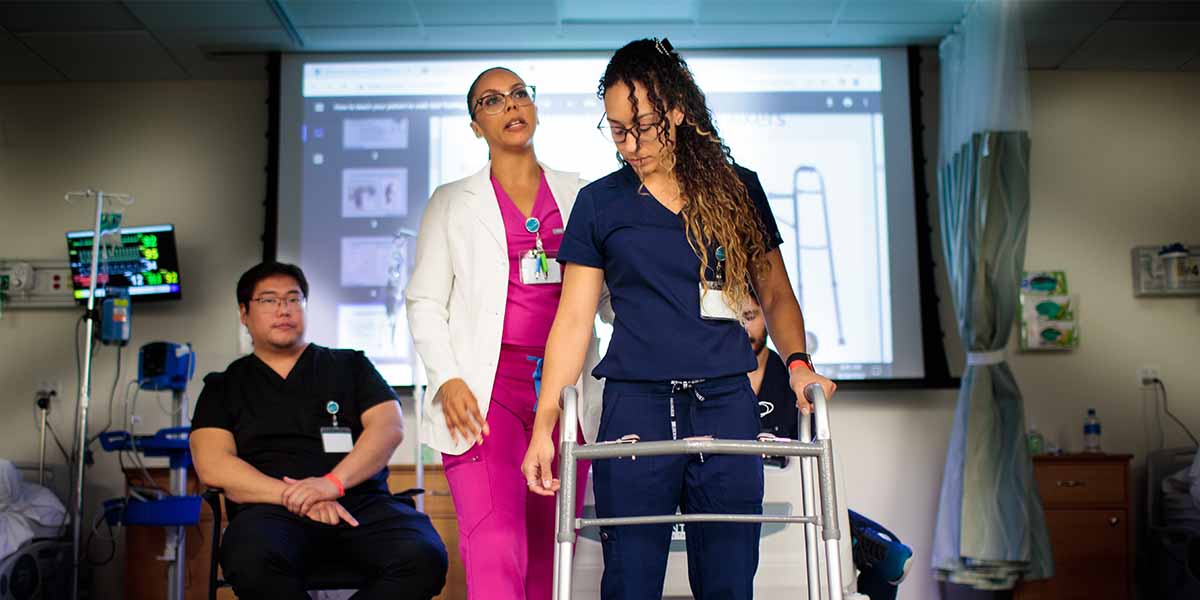
The Bachelor of Occupational Therapy (BOT) is a specialized undergraduate program designed to train individuals in the field of occupational therapy. Typically spanning four years, the program integrates theoretical knowledge with practical skills to prepare students for a career focused on promoting independence and improving the quality of life for individuals facing physical, cognitive, or emotional challenges.
The BOT curriculum covers a range of subjects, including anatomy, physiology, psychology, rehabilitation sciences, and occupational therapy theory and practice. Students learn how to assess clients' abilities, design customized intervention plans, and implement therapeutic activities to enhance their daily functioning. The program emphasizes evidence-based practice and the application of clinical reasoning in the context of occupational therapy.
Practical training is a central component of the BOT program. Students engage in clinical placements, fieldwork, and hands-on experiences in various healthcare settings, allowing them to apply theoretical knowledge in real-world situations. This experiential learning is essential for developing effective communication, client-centered care, and interprofessional collaboration skills.
The BOT program also addresses ethical considerations, cultural competence, and the importance of client advocacy. Students learn to work collaboratively with individuals of diverse backgrounds, adapting interventions to meet the unique needs and goals of each client. The curriculum encourages a holistic approach to occupational therapy, considering the physical, psychological, and environmental factors influencing clients' well-being.
Upon successful completion of the BOT program, graduates are eligible to pursue licensure and practice as occupational therapists. They can work in a variety of settings, including hospitals, rehabilitation centers, schools, mental health facilities, and community organizations. The BOT degree not only equips individuals with the technical skills required for occupational therapy but also instills a commitment to promoting independence, participation, and overall well-being for those they serve.